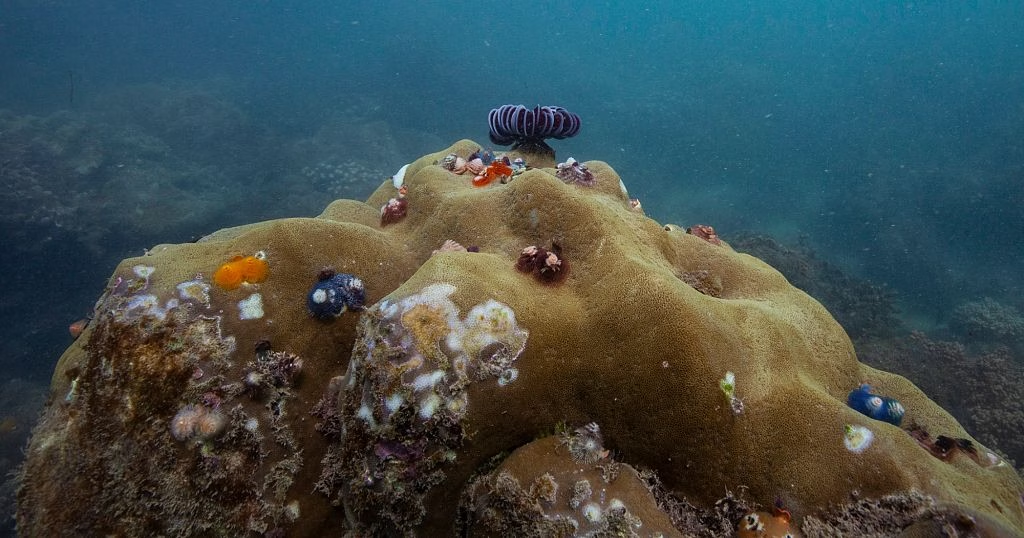A devastating report from the International Coral Reef Initiative has revealed that a staggering 84% of the world’s coral reefs are now affected by harmful bleaching, marking the most intense event of its kind in recorded history. This is the fourth global bleaching event since 1998, surpassing the previous event from 2014-17 that impacted two-thirds of reefs. The current crisis, which began in 2023, is blamed on warming oceans, and it’s unclear when it will end.
According to Mark Eakin, executive secretary for the International Coral Reef Society, “We may never see the heat stress that causes bleaching dropping below the threshold that triggers a global event.” Last year was the hottest year on record for the Earth, with much of that heat being absorbed by the oceans. The average annual sea surface temperature of oceans away from the poles reached a record 20.87 degrees Celsius, a temperature that is deadly to corals. These coral reefs are crucial for seafood production, tourism, and protecting coastlines from erosion and storms.
Coral reefs are often referred to as the “rainforests of the sea” due to their high levels of biodiversity, with approximately 25% of all marine species found in, on, and around them. The colorful algae that live inside corals provide them with their bright colors and serve as a food source. However, prolonged warmth causes the algae to release toxic compounds, leading the coral to eject them and leaving behind a stark white skeleton. This weakened state puts the coral at a heightened risk of dying.
The bleaching event has been so severe that NOAA’s Coral Reef Watch program has had to add new levels to its bleaching alert scale to account for the growing risk of coral death. While efforts are underway to conserve and restore coral reefs, scientists emphasize that reducing greenhouse gas emissions, such as carbon dioxide and methane, is essential to protecting these vital ecosystems. As Eakin noted, “The best way to protect coral reefs is to address the root cause of climate change, and that means reducing human emissions that are mostly from burning fossil fuels… everything else is looking more like a Band-Aid rather than a solution.”
The International Coral Reef Initiative’s update comes at a time when President Donald Trump has been actively promoting fossil fuels and rolling back clean energy programs in his second term. The fate of the world’s coral reefs hangs in the balance, and it remains to be seen how the international community will respond to this growing crisis. One thing is certain, however: urgent action is needed to mitigate the effects of climate change and protect these precious ecosystems for future generations.
